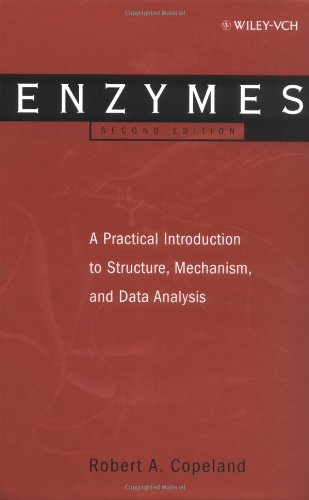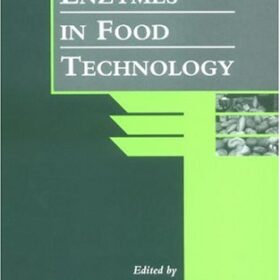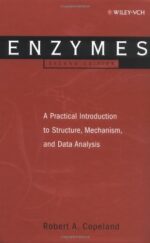Designing artificial systems with catalytic efficiencies to rival those of natural enzymes is one of the great challenges facing science today. Our current level of understanding fails the basic, practical test – designing and making artificial systems with catalytic efficiencies to rival those of natural enzymes. Chemists and bio-scientists are well aware of this problem, and “artificial enzymes” have been a “hot topic” for many years. However, until now, there has been no book devoted specifically to this subject. This is the first book to provide a critical introduction to, and overview of, this exciting area. It is aimed at students and more senior researchers with specialist or general interests in the field. The book starts with a systematic overview of the most important properties of natural enzymes, with special emphasis on mechanisms and efficiency of catalysis. This is followed by a summary of the mechanisms involved in the major classes of reaction they catalyze, and spells out the logical progression from simple mechanistic models for particular reactions to the first, rudimentary artificial enzymes catalyzing them. Catalytic efficiency is the key criterion for inclusion. An analysis of the strengths and limitations of the classical design-based approach to catalysis by enzyme mimics leads on to a discussion of recent advances which use selection methods coupled with iterative techniques for creating and improving catalysts by natural methods. The comparison of natural and artificial catalysts requires a quantitative understanding based on the interpretation of kinetic measurements. Key skills in data interpretation are introduced in a guided approach that connects the formal treatment of kinetic measurements with their chemical and biological interpretation.
Enzymes eBook
$12.00
- Delivery: Can be download immediately after purchasing. For new customer, we need process for verification from 30 mins to 24 hours.
- Version: PDF/EPUB. If you need another version, please Contact us
- Quality: Full page, full content, high quality images, searchable text and you can print it.
- Compatible Devices: Can be read on any devices (Kindle, NOOK, Android/IOS devices, Windows, MAC,..).
- e-Book Features: Purchase and read your book immediately, access your eTextbook anytime and anywhere, unlimited download and share with friends.
- Note: If you do not receive the download link within 15 minutes of your purchase, please Contact us. Thank you!









Reviews
There are no reviews yet.